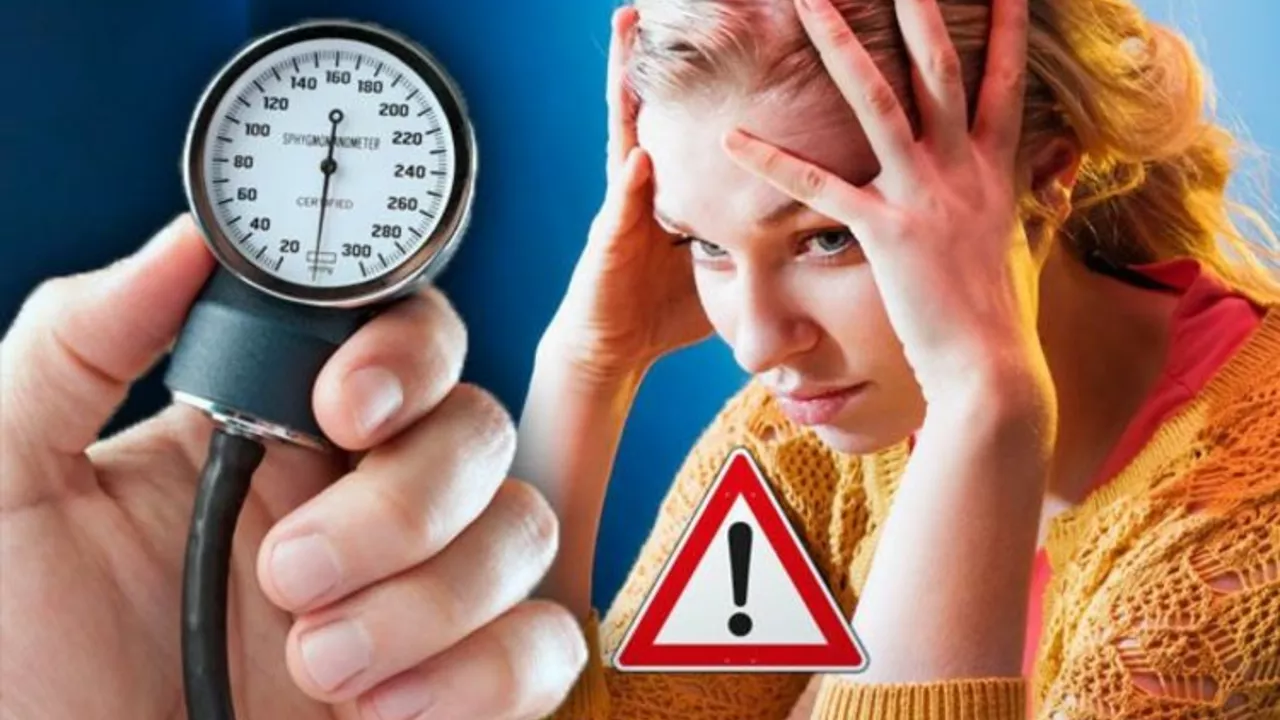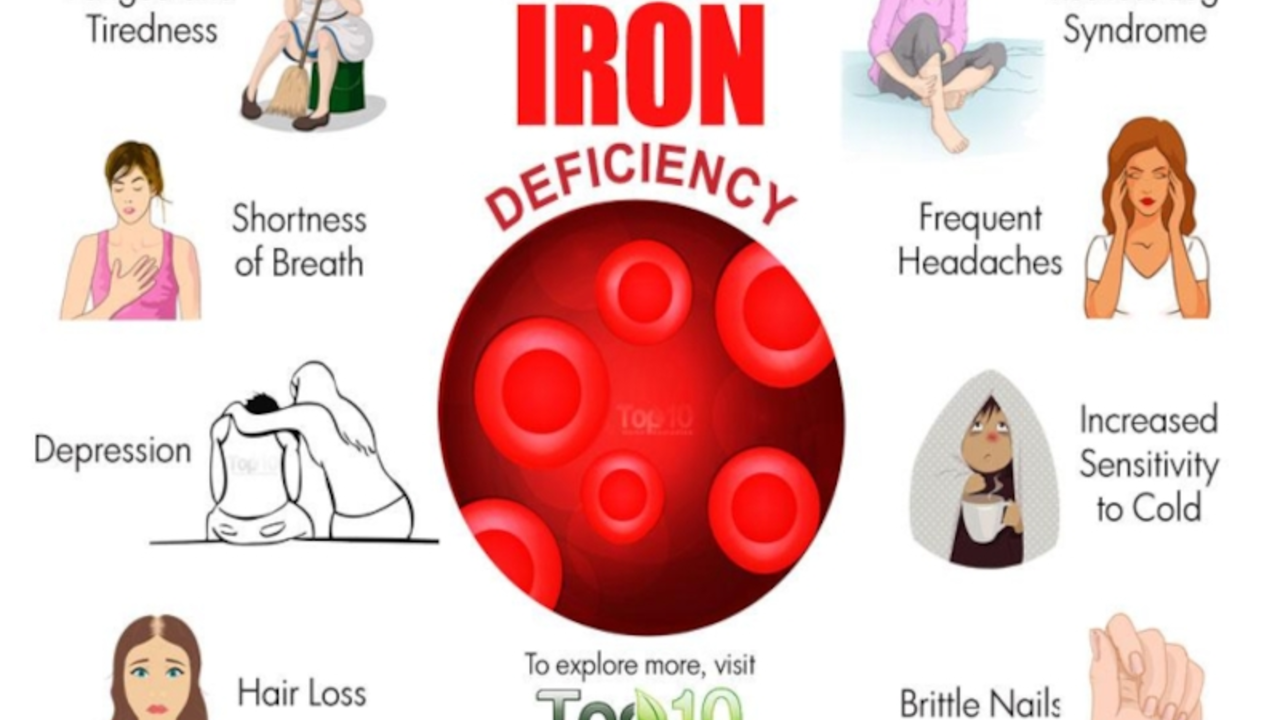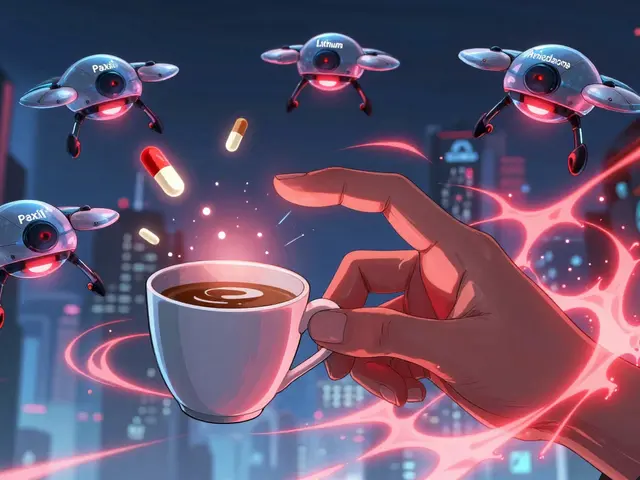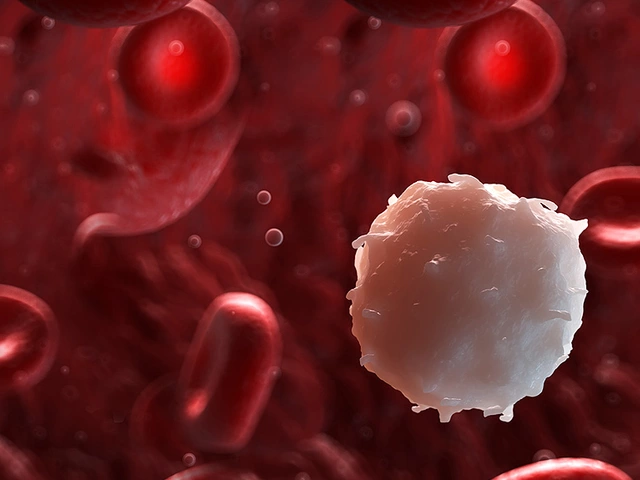Health risks are often avoidable when you know what to look for.
This tag collects practical guides about medication side effects, unsafe supplements, interactions, and disease-related dangers. I focus on clear signs to watch, simple steps to reduce harm, and where to find reliable help.
Medications can help—but they can also cause problems.
Watch for new symptoms after starting a drug: rashes, breathing trouble, sudden mood changes, fainting, or swelling. If you see any of these, stop the medication only if your doctor told you to do that, and seek medical help right away. Keep a list of every medicine and supplement you take. That list helps doctors spot dangerous drug interactions fast.
Supplements and herbal remedies are not risk-free. Natural does not mean harmless. Some herbs change how prescription drugs work, raise blood pressure, or affect the liver. If you use supplements for energy, weight loss, or sexual performance, pick brands with third-party testing and talk to your clinician before mixing them with prescription meds.
Buying medicines online can cut costs, but it adds risk. Fake pills, wrong doses, and hidden ingredients show up on shady sites. Use pharmacies with clear contact info, verified customer reviews, and a licensed pharmacist available. If a price looks too good or a site doesn’t require a prescription for prescription-only drugs, walk away.
Know the common high-risk groups: older adults, pregnant people, children, and those with multiple chronic conditions. Older adults often take many drugs and face more interactions. Pregnant people should always check safety for the fetus. Kids need weight-based dosing and adult meds can be dangerous in lower weights.
Watch for condition-specific red flags. For heart and blood pressure meds, sudden dizziness or fainting can mean your dose is too high. For antibiotics, severe diarrhea or signs of allergic reaction need urgent care. For psychiatric meds, new suicidal thoughts or extreme mood shifts must be reported immediately.
Simple habits lower many risks.
Keep all medicines in original containers, set reminders to take them correctly, and never share prescription drugs. Store meds away from kids and pets. When starting a new drug, avoid alcohol until you know how it affects you. Use a single pharmacy when possible so pharmacists can track interactions.
When in doubt, ask questions. Ask why you need a drug, what side effects to expect, how long to take it, and whether non-drug options exist. Bring a pill list to appointments and update it after every new prescription or supplement.
This tag brings together practical posts—from antibiotic guides and seizure first aid to safer steroid shopping and natural alternatives. Browse articles on this page to learn specifics like how to buy Lamotrigine safely, what to watch with Entocort, or safe alternatives for performance anxiety. Use this collection to make smarter, safer decisions about medicines and health.
If you notice a severe reaction, save the pill bottle and take photos of symptoms. That helps clinicians and can speed up correct treatment and reporting to authorities. Stay curious and stay safe.





